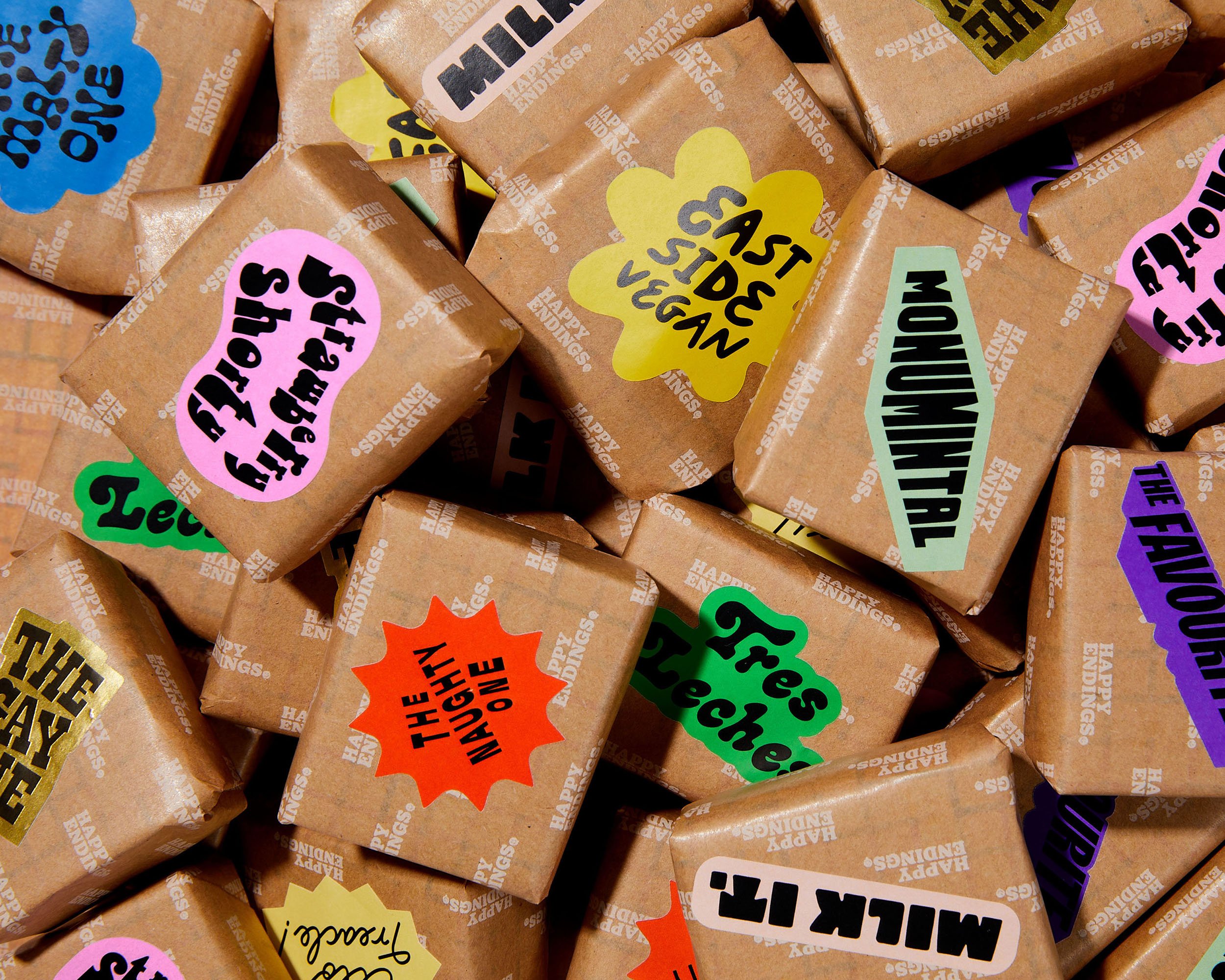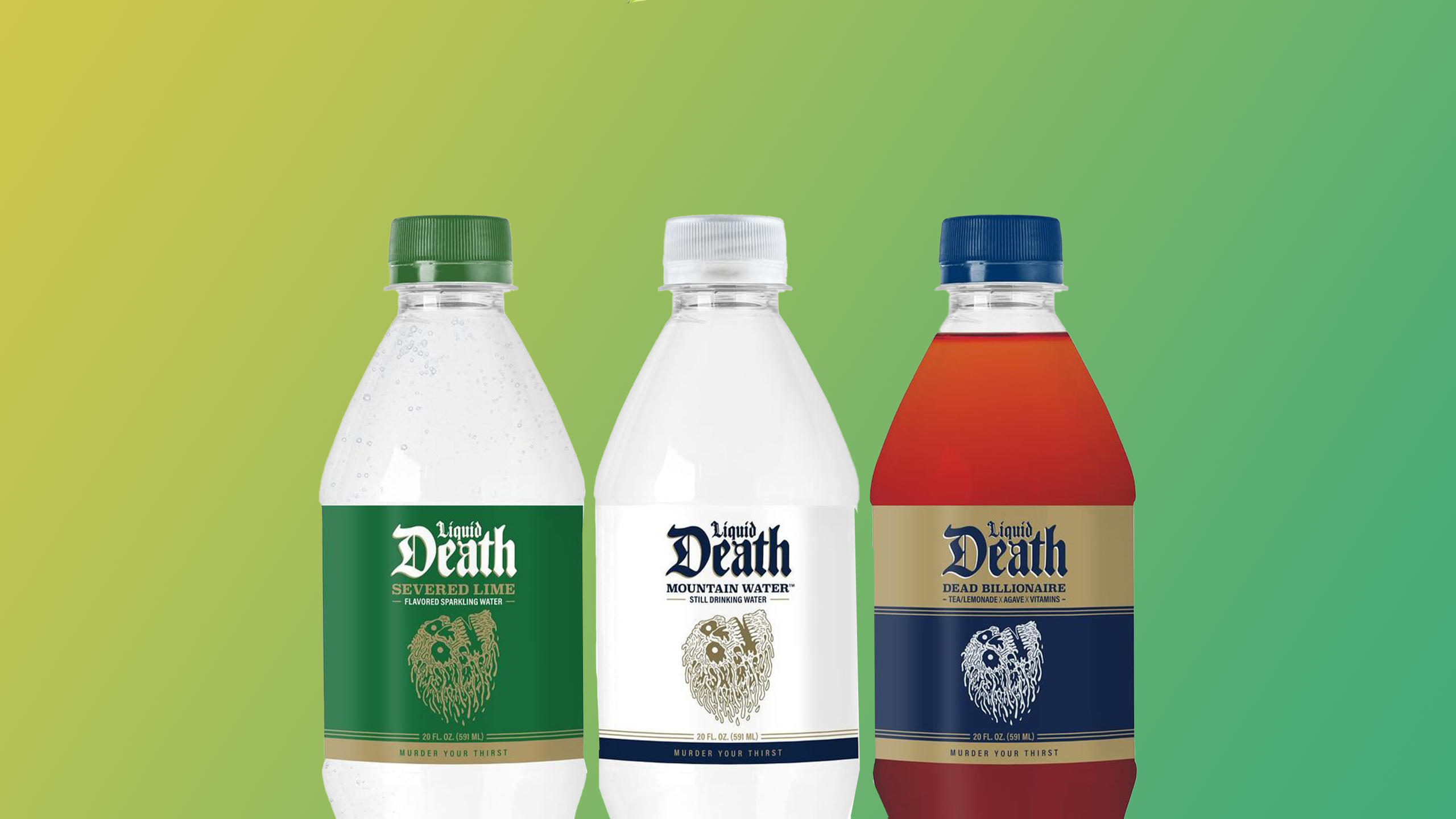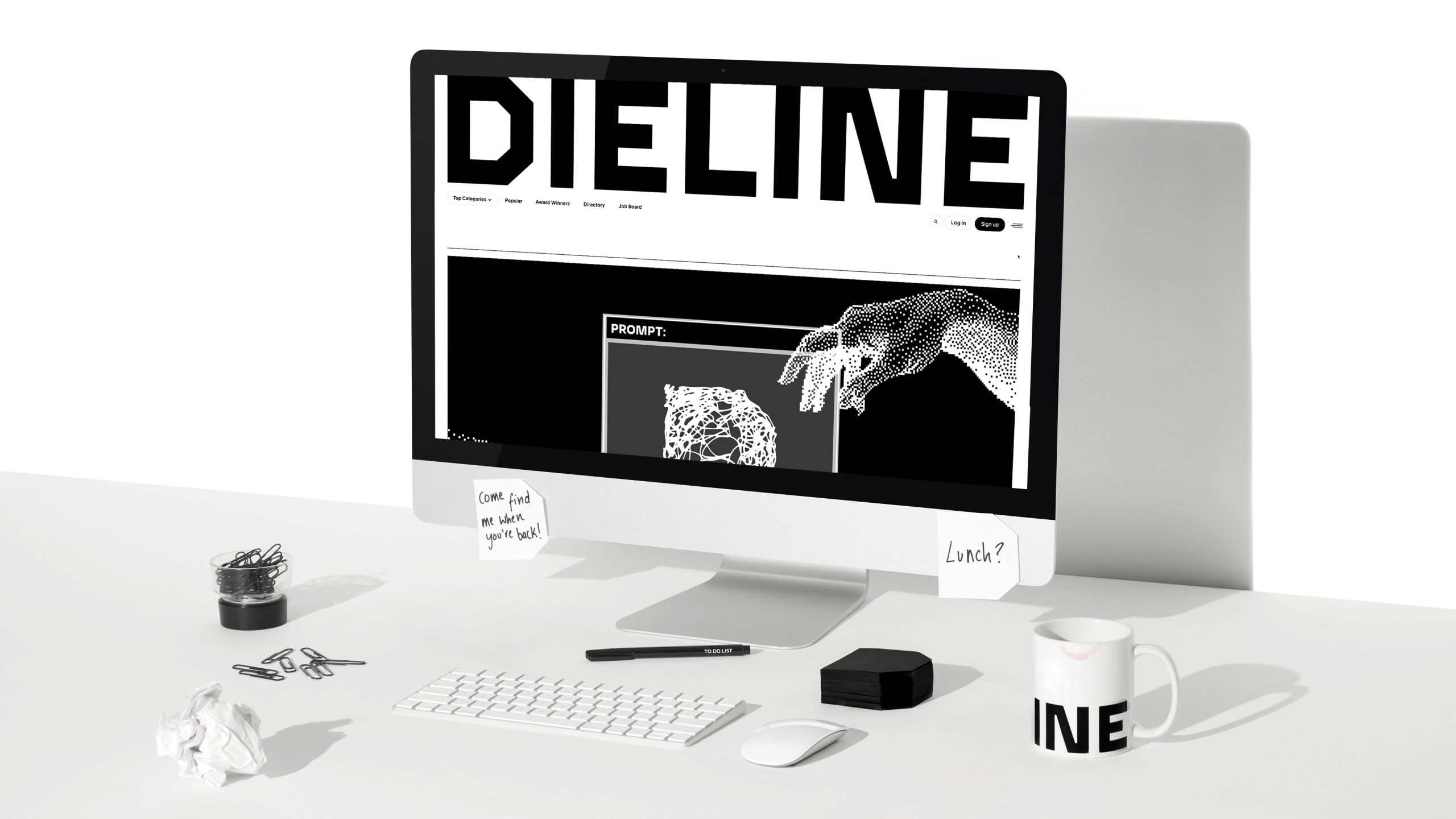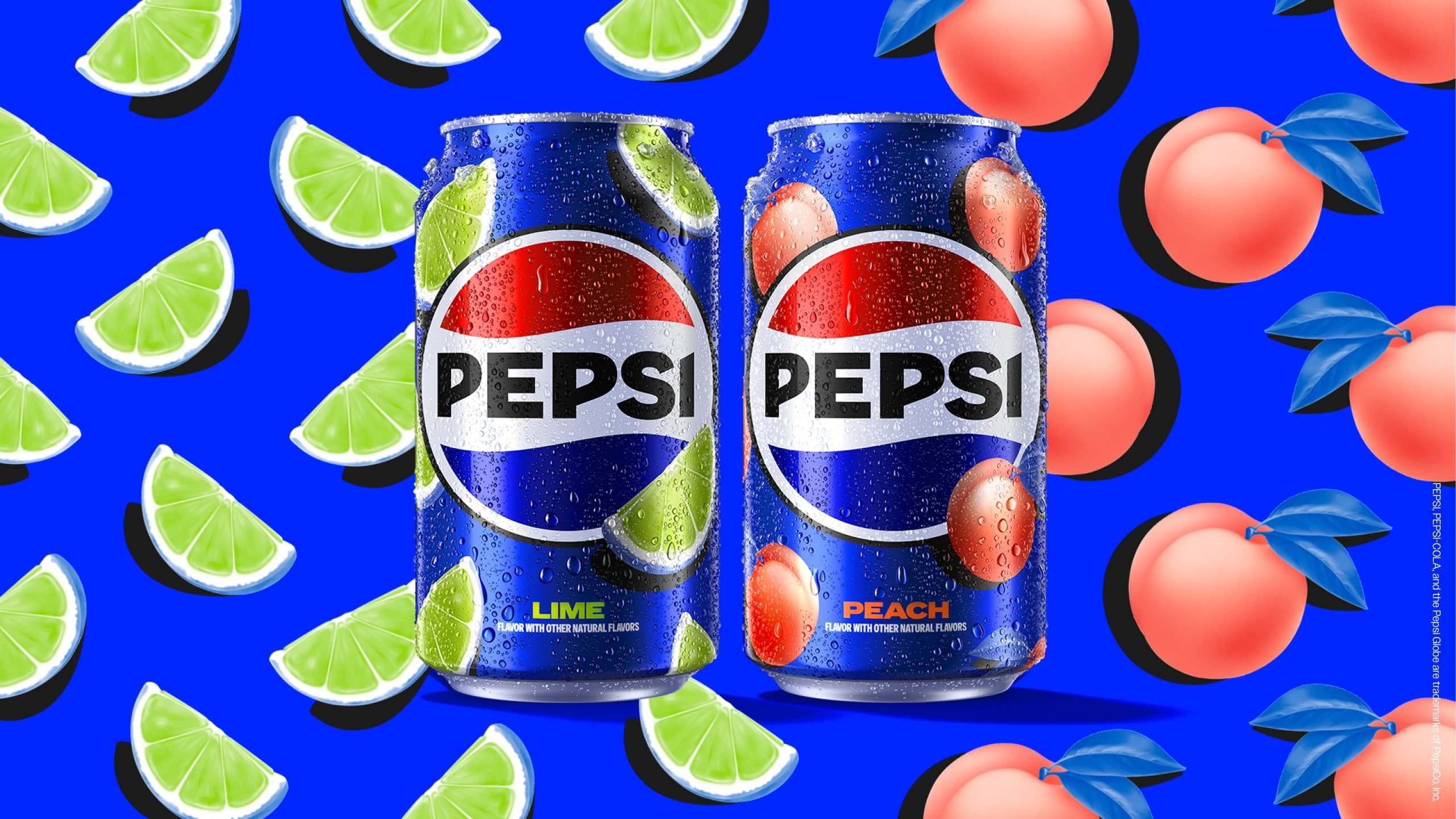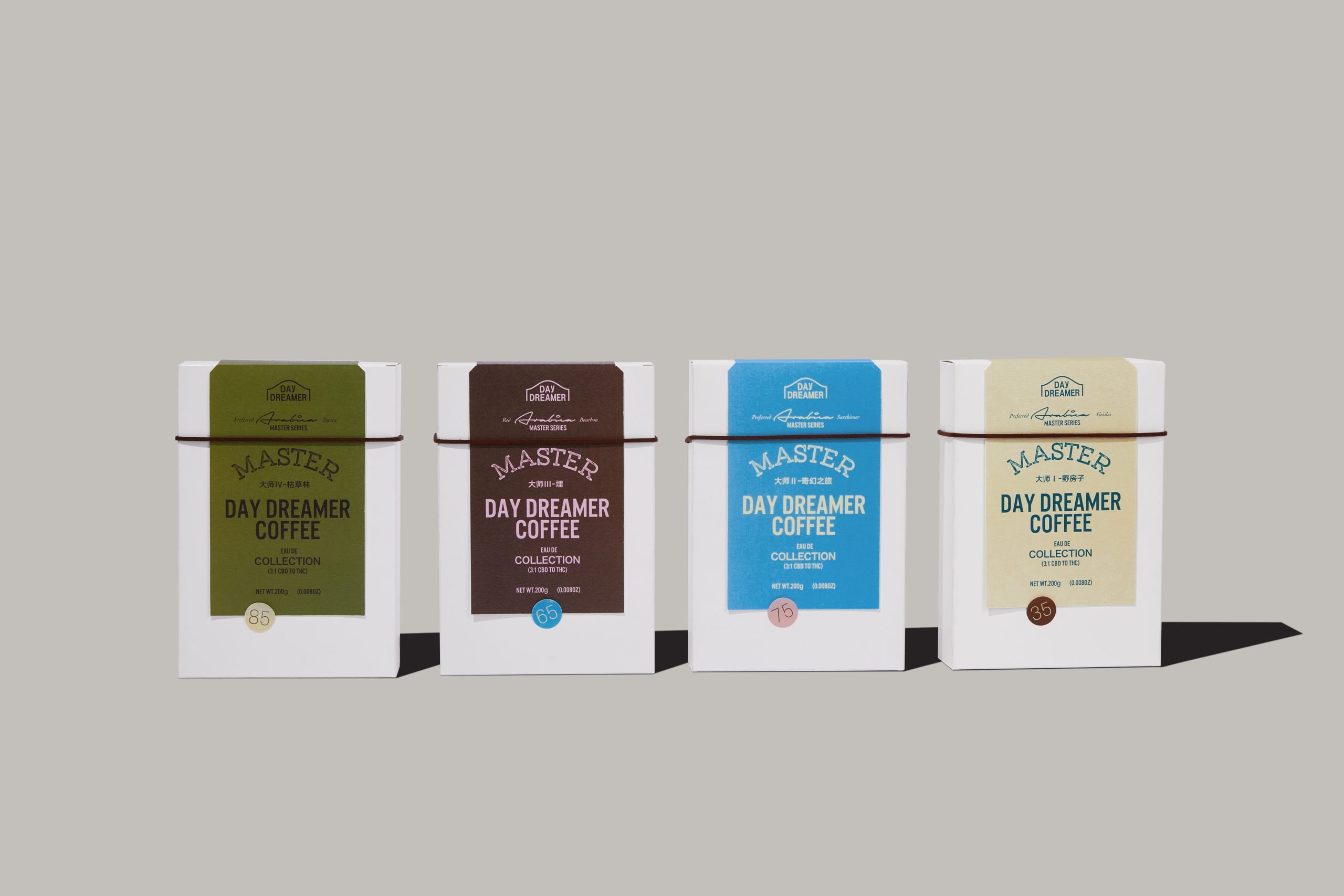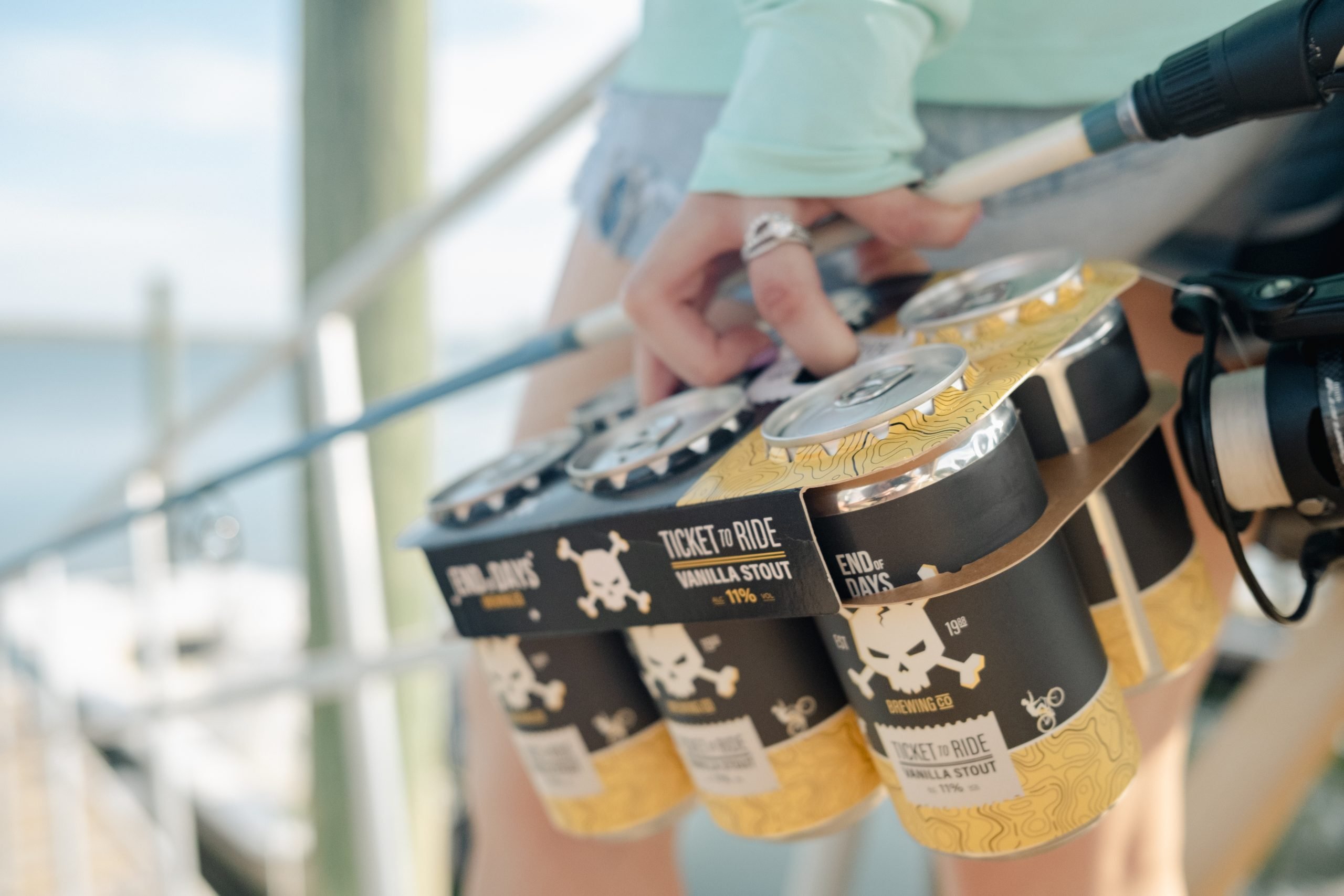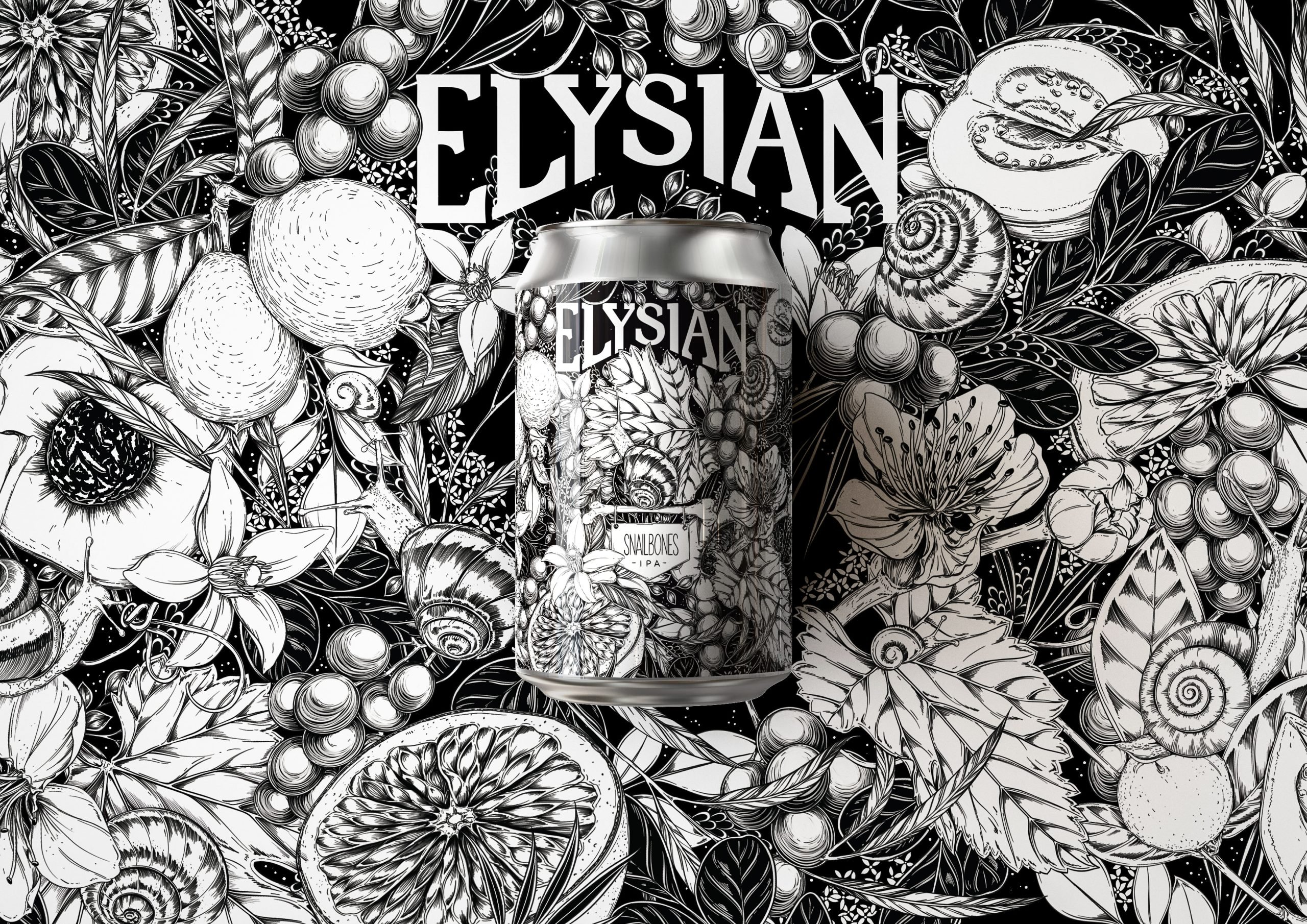Several cities and municipalities have passed bans or imposed fees on plastic bags and other single-use plastic items like straws. Many of these cities are on the coast or along waterways, including San Francisco, Seattle, and Boston.
While California was the first to pass a statewide plastic bag law, some state governments are doing the opposite, passing laws that restrict local governments from enacting plastic bans or fees. Dubbed preemption laws, these tactics are often used to stop bans in municipalities with conservative run state-level legislatures or governors. These same laws have also been applied to minimum wage increases, LGBTQ-rights, and gun control laws.
A couple of the biggest drivers for preemptive plastic ban laws are the American Progressive Bag Alliance (APBA), an industry lobbying group, and the American Legislative Exchange Council (ALEC), a corporate and conservative lobbying firm that drafts and promotes so-called âmodel legislationâ to state legislators.

